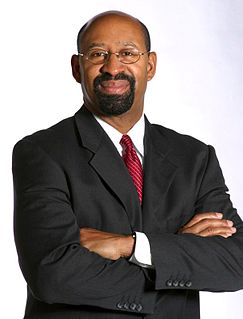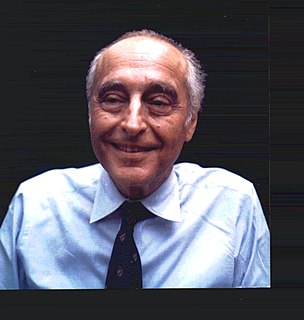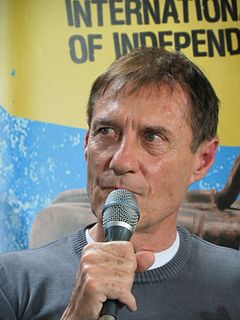A Quote by James Madison
The danger of disturbing the public tranquillity by interesting too strongly the public passions, is a still more serious objection against a frequent reference of constitutional questions to the decision of the whole society.
Related Quotes
The truth is, that, even with the most secure tenure of office, during good behavior, the danger is not, that the judges will be too firm in resisting public opinion, and in defence of private rights or public liberties; but, that they will be ready to yield themselves to the passions, and politics, and prejudices of the day.
The prosecution [of impeachments], will seldom fail to agitate the passions of the whole community, and to divide it into parties more or less friendly or inimical to the accused. The subjects of its jurisdiction are those offenses which proceed from the misconduct of public men, or, in other words, from the abuse or violation of some public trust, and they relate chiefly to injuries done immediately to the society itself.
You know, public service is serious enough on its own, and what I've found is if you take yourself take yourself too seriously in this business, you'll lose sight of what it is that you're trying to get done. So I mean I've tried to have the proper mix of being a serious public servant, but also still being a regular guy.
The class of citizens who provide at once their own food and their own raiment, may be viewed as the most truly independent and happy. They are more: they are the best basis of public liberty, and the strongest bulwark of public safety. It follows, that the greater the proportion of this class to the whole society, the more free, the more independent, and the more happy must be the society itself.
The vested interests-if we explain the situation by their influence-can only get the public to act as they wish by manipulating public opinion, by playing either upon the public's indifference, confusions, prejudices, pugnacities or fears. And the only way in which the power of the interests can be undermined and their maneuvers defeated is by bringing home to the public the danger of its indifference, the absurdity of its prejudices, or the hollowness of its fears; by showing that it is indifferent to danger where real danger exists; frightened by dangers which are nonexistent.
Public virtue cannot exist in a nation without private, and public virtue is the only foundation of republics. There must be a positive passion for the public good, the public interest, honour, power and glory, established in the minds of the people, or there can be no republican government, nor any real liberty: and this public passion must be superiour to all private passions.
The people have only a very vague direct power. They have the power of voting against the administration, again after its decisions have been taken; but they have no way of getting into the question of policy-making, decision-making, except insofar as the vague forces and pressures of public debate and public opinion have their impact on the President. The President still has to decide. He can't go to the people and ask them to decide for him; he has to make the decision. In that sense he was condemned to be a dictator.

































